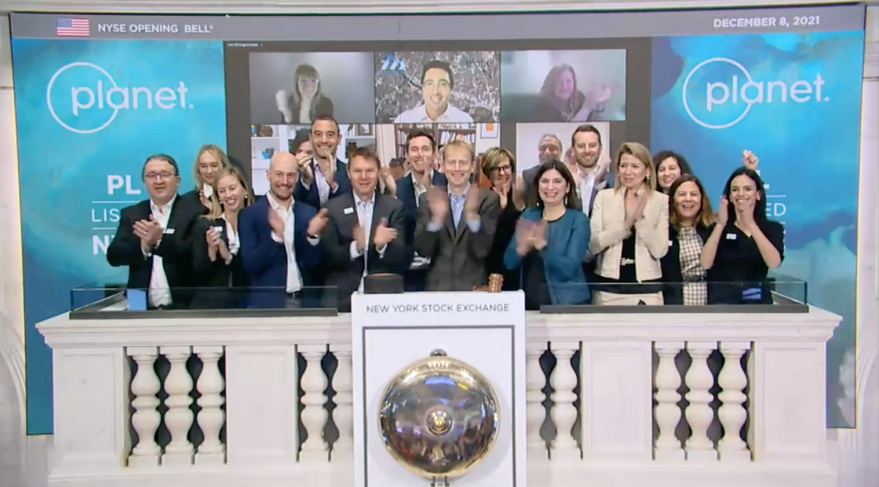![]() @andrew_andrew__
@andrew_andrew__
| 1 min read

Please be sensitive to any artificial intelligence you encounter today. A UK appeals court just ruled that AI systems cannot submit or hold patents, as software is not human and therefore lacks human rights. Several courtrooms around the world have come to the same conclusion, despite the efforts of a very enthusiastic inventor.
Dr. Stephen Thaler has repeatedly filed patents on behalf of his AI, called DABUS. He claims that this AI should be credited for the inventions that it’s helped to produce. But patent offices disagree. After Dr. Thaler refused to resubmit his patents under a real name, the UK Intellectual Property Office pulled him from the registration process.
Our friend Dr. Thaler responded by taking the Intellectual Property Office to court. And predictably, the body rejected his case. So Dr. Thaler made an appeal, and again, he lost.
In her ruling against the appeal, Lady Justice Elisabeth Laing stated that “Only a person can have rights … a patent is a statutory right and it can only be granted to a person.” And she’s correct. Patents exist to prove or disprove that someone has stolen an invention or idea, thereby protecting your right to hold intellectual property. (Patents can also violate your rights, but that’s another conversation.)
And no, Dr. Thaler isn’t a compassionate guy trying to defend his AI’s rights. In his patent applications, he claims that he owns the DABUS AI, and should therefore control its intellectual property.
Conversations about the rights of AI will grow more complicated in time. But as of today, they’re pretty cut and dry. That’s why judges across the world keep coming to the same dang conclusion—AI can’t hold patents.
Source: Engadget
Note: This article have been indexed to our site. We do not claim legitimacy, ownership or copyright of any of the content above. To see the article at original source Click Here












